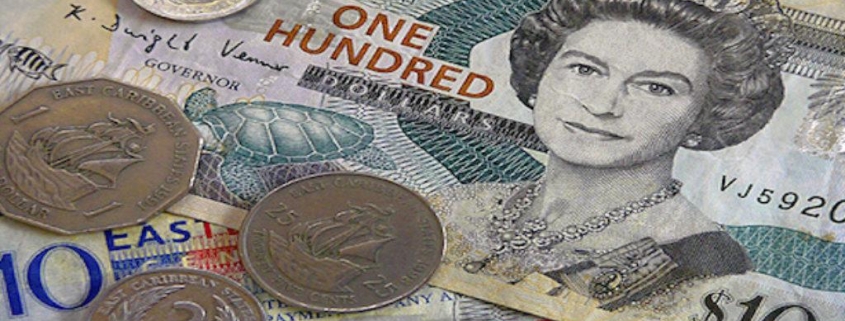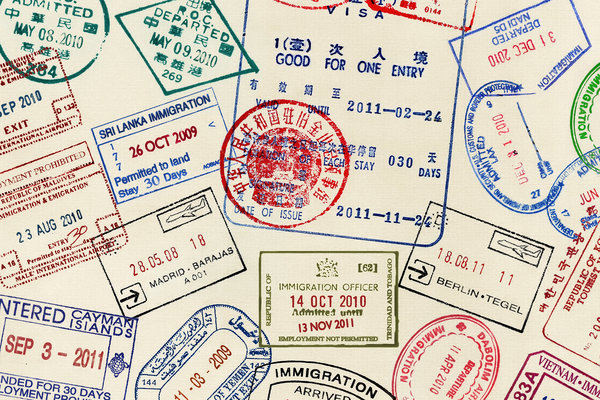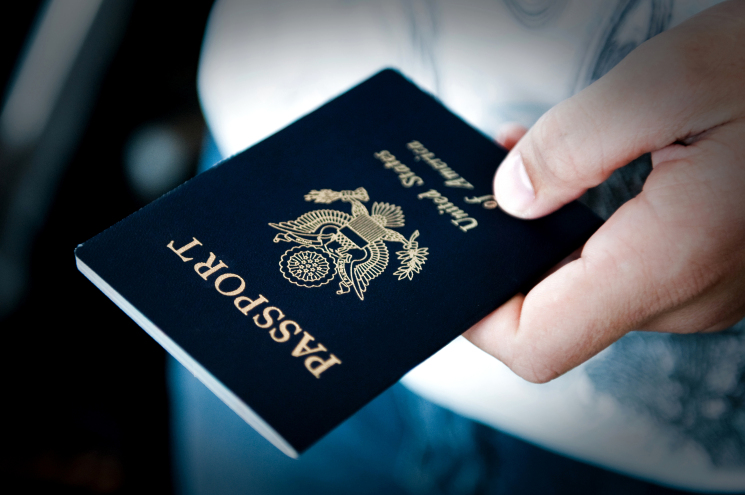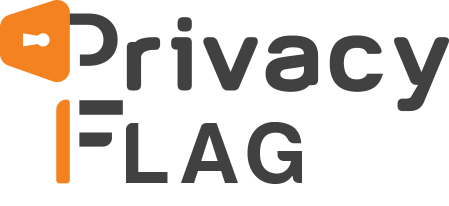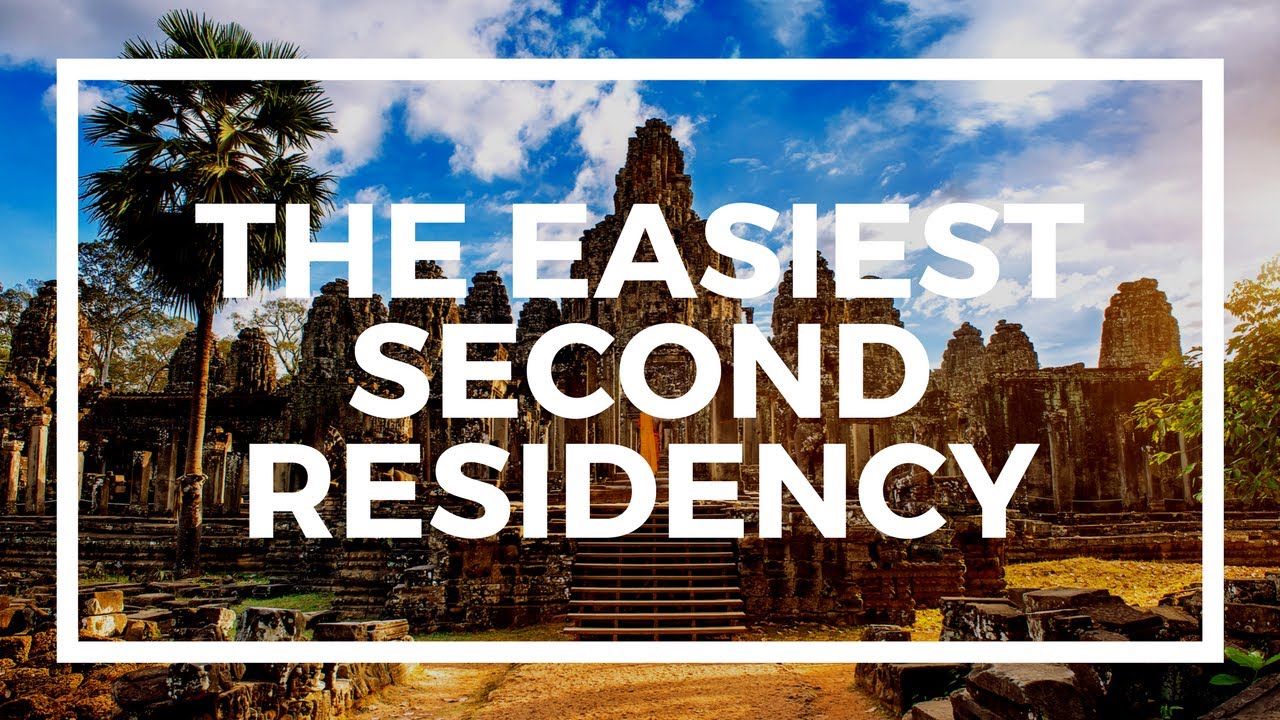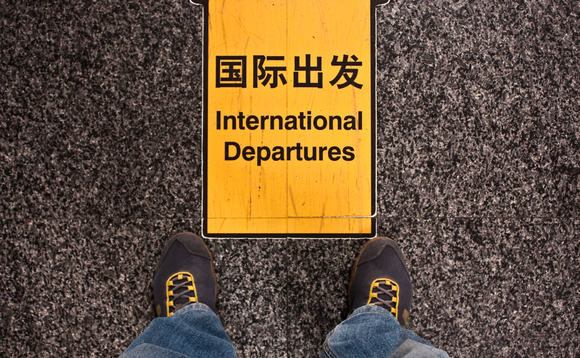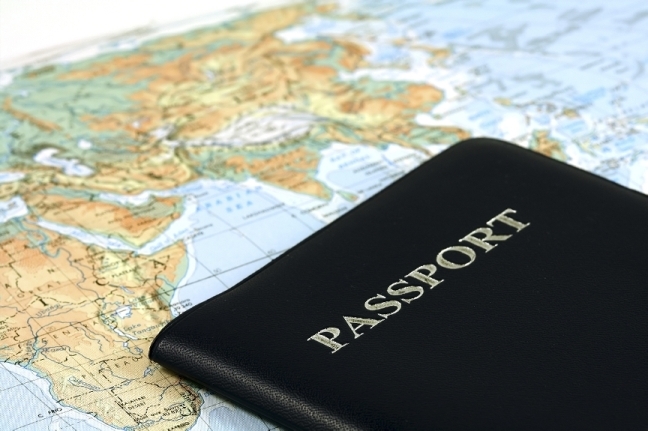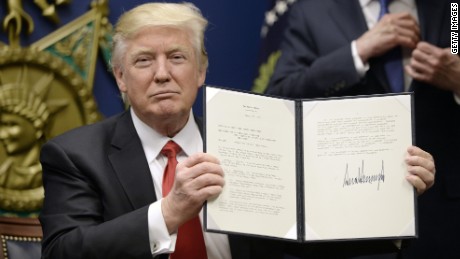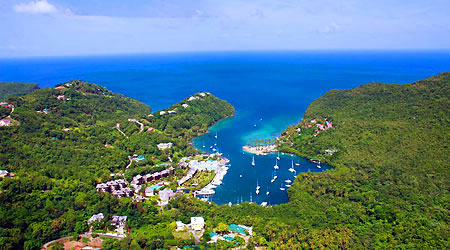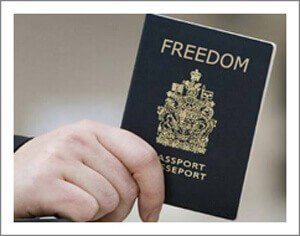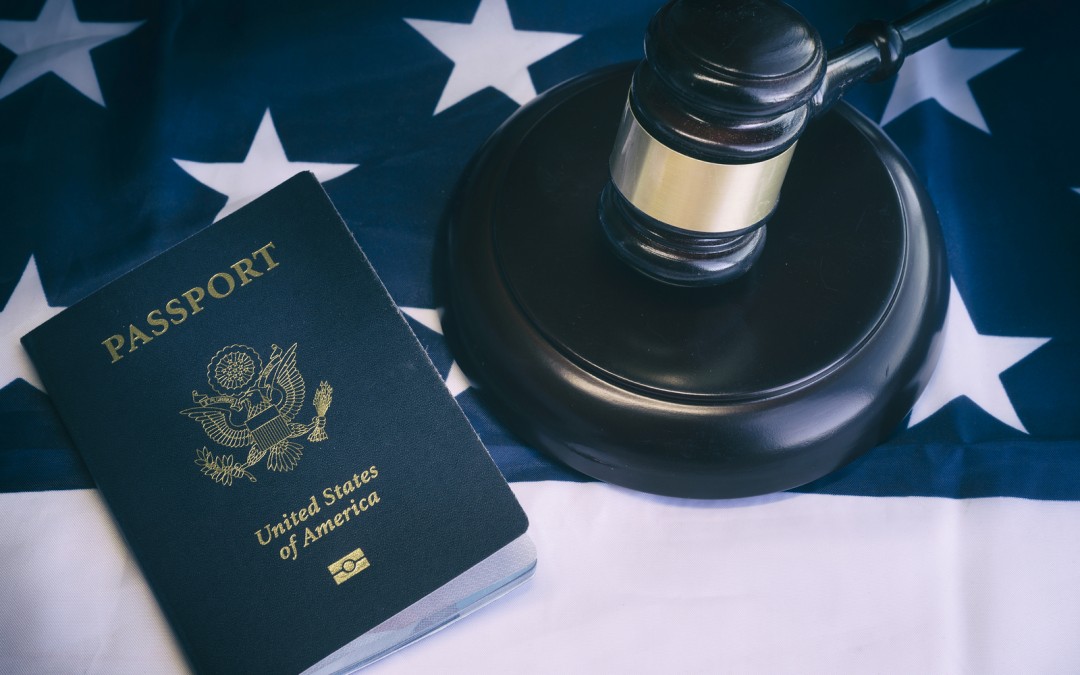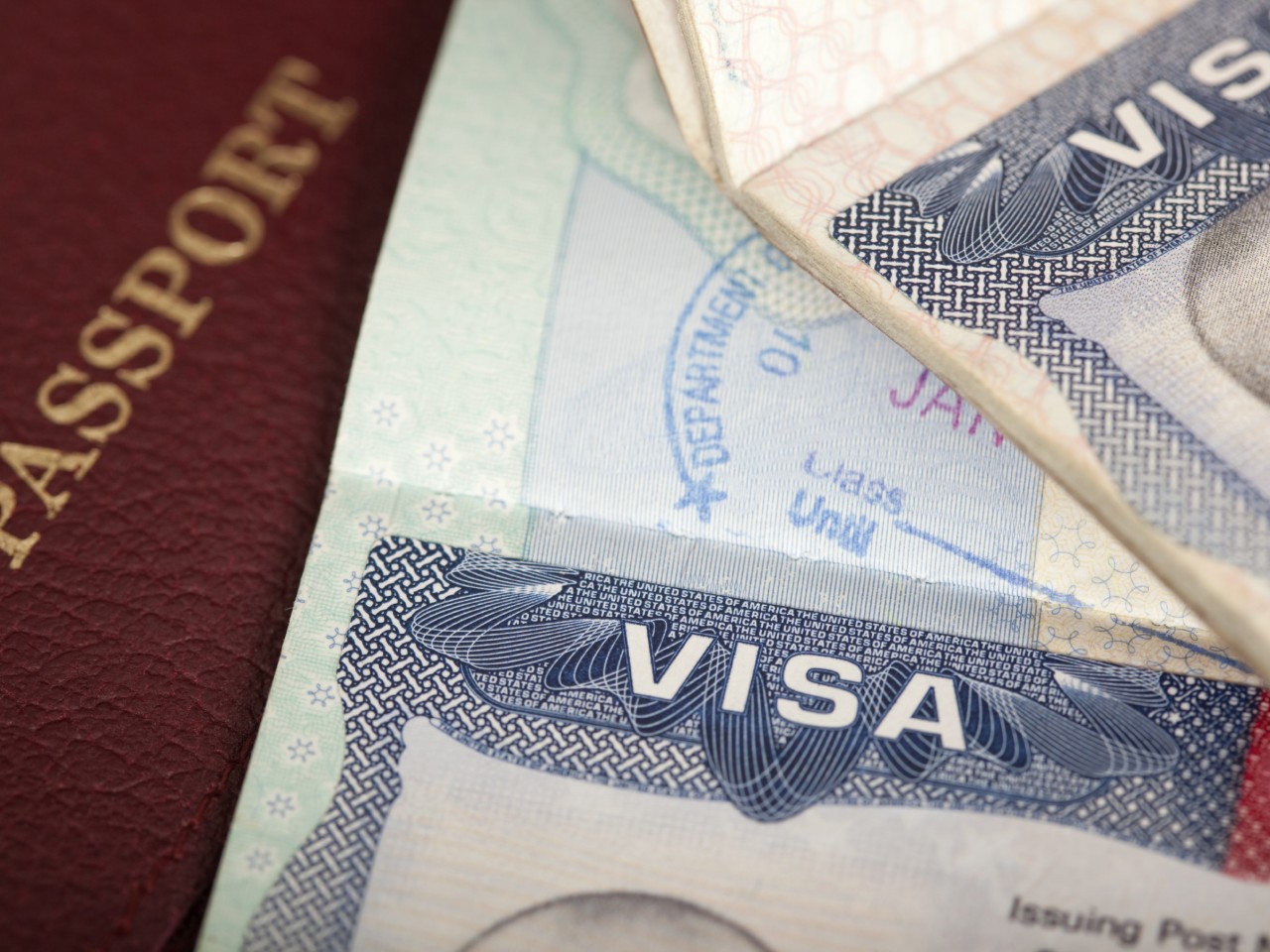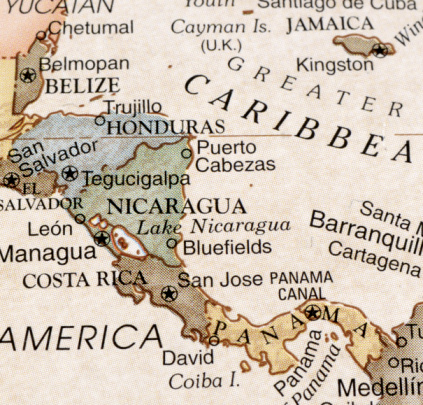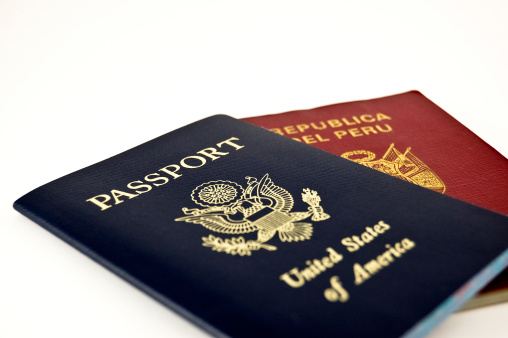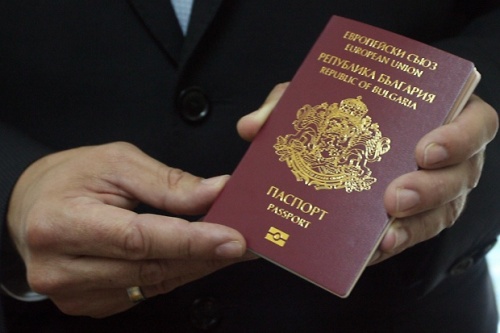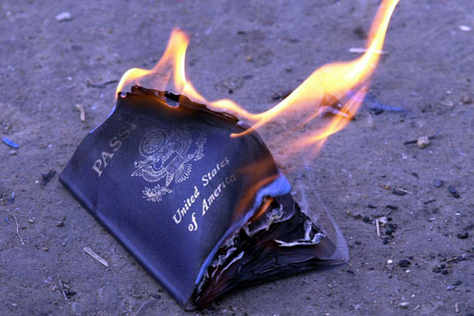Summary of Second Passport and Residency Programs of 16 Countries
Below is a summary of the costs and procedures for obtaining residency in the 16 most commonly requested countries. As you know from reading my post on the 10 Best Second Passports, I believe that St. Lucia is the best value for a second passport.
I rank Bulgaria as the best combination of value and quality and Austria is far and away the best passport available at any price.
This article covers the following countries:
- St. Lucia
- Dominica
- St. Kitts
- Panama
- Austria
- Jersey
- Monaco
- Grenada
- Slovakia
- Hungary
- Bulgaria
- Cyprus
- Portugal
- Malta
- Uruguay
- Antigua
[sta_anchor id=”St Lucia Second Passport”]
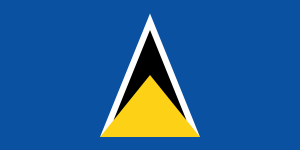
St. Lucia – Summary of process to Citizenship
You can purchase a passport or make an investment in government bonds to gain citizenship in St. Lucia. Most applications are completed within 90 days from submission. As you read the St. Lucia statute, you will find there is a real estate investment option in addition to the purchase and government bond program. There are no approved real estate projects at this time, so I will not discuss that here.
I like St. Lucia because of the option to invest in non-interest bearing government bonds for 5 years. The investment amount is $500,000 to $550,000. Alternatively, you can buy a passport without an investment for $200,000 to $250,000.
When you compare St. Lucia to its neighbors, it costs a fraction because you get your investment capital back in 5 years. No interest is paid. Total cost would be fees plus interest lost / opportunity cost of the capital invested into government bonds.
Investment Options: Cash Purchase / Government Bonds
The cost for one applicant for the purchase option is:
Legal / Background Check / Filing fees: Contact us for a quote at info@premieroffshore.com or call (619) 483-1708
Processing: $2,000 single
Donation to Economic Fund: $200,000 single person +$25,000 per dependent
Government bond option is:
Legal / Background Check / Filing fees: Contact us for a quote at info@premieroffshore.com or call (619) 483-1708
Processing: $2,000 single
Investment Required: $500,000 to $550,000 **
* Due diligence fees are fixed by statute. But, in my experience, the statute was written for US, UK, Canada, etc. passport holders. There might be some minor additional costs in your case. We do not mark-up the due diligence fees, so they will be billed by the government. See the attached document for more information.
** Your investment in government bonds is returned at the end of 5 years.
Residency Period: None, it’s a cash for passport program.
�[sta_anchor id=”Dominica Second Passport”]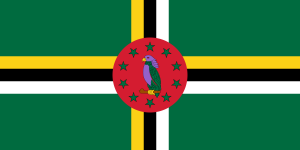
Dominica – Summary of process to Citizenship
You can purchase a passport or make an investment in real estate to gain citizenship in Dominica. Most applications are completed within 90 days from submission. We recommend the purchase program over the investment program.
Investment Options: Cash Purchase / Real Estate
Cash Option:
Purchase Price: $100,000 for a single applicant, $175,000 for an applicant with spouse, $175,000 for an applicant and up to two children below 18 years, $200,000 for an applicant, spouse and two children under 18
Additional $50,000 for each dependent (children over 18 and parents of the applicant over 65 years of age)
Real Estate Investment Option:
Purchase Price: $100,000 per adult applicant and $50,000 per dependent 21 years and under. Two or more applicants may apply for Citizenship by Investment together by purchasing one piece of real estate,
Government Fees:
Main Applicant $50,000
Spouse of main applicant $25,000
Children $20,000 for each child of the main applicant under 18 years
Dependents $50,000 for each dependent over 18 years of age
Other Costs:
Typical Legal / Due Diligence / Processing / Registration: Contact us for a quote at info@premieroffshore.com or call (619) 483-1708
Residency Period: None, it’s a cash for passport program.
You will be able to travel on your Dominica passport without a visa to more than 90 countries, including the United Kingdom, Switzerland and many others.
[sta_anchor id=”St Kitts Second Passport”]
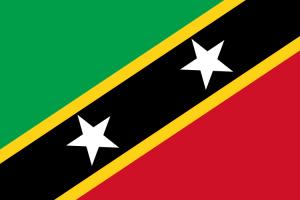
St. Kitts – Summary of process to acquire Citizenship
The St. Kitts and Nevis passport is the most common second passport available. It offers:
- Visa free travel to European Schengen area including UK, and Ireland along with other 80 countries
- No prior residence requirements
- No income or wealth tax.
- Citizenship for family members (spouse and children)
- Lifetime citizenship and no restrictions on Dual citizenship
To qualify for citizenship of St. Kitts and Nevis under its Citizenship-by-Investment Program, the Government requires either:-
Purchase Price: A non refundable charity donation of minimum US$ 250,000 to the Sugar Industry Diversification Foundation (SIDF) for single person + payment of processing fees. For accompanying family members (see below).
(or)
Investment option: Designated recoverable Real Estate Investment with a value of at least US$ 400,000 plus payment of various registration and other fees. For any accompanying family members, additional costs apply (see below).
Typical Legal Fees: Contact us for a quote at info@premieroffshore.com or call (619) 483-1708
Fees and Costs: Minimum investment: $250,000 (SIDF) or $400,000 (Real Estate) Government Fee: $50,000 per person
Due diligence fee: $7500 per person
Passport fee: $350 per person
The total cost around $292,000 per person. Additional costs apply for dependents and family members.
[sta_anchor id=”Panama Second Passport”]
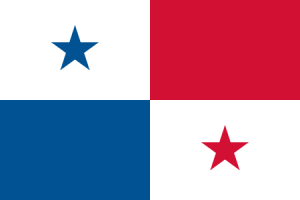
Panama – Summary of process to earn citizenship through residency
Panama is the lowest cost and most efficient residency program program for those from a favored nation. The favored nations program is our most popular residency opti0on.
If you do not hold a passport from a partner country, the POM visa below is for you. See also Restricted Country Visas.
Keep in mind that the options above allow you to get a second passport through investment or by making a “donation.” Panama offers a residency program that might turn into a passport 4 years in the future. So, we are not comparing equivalents here.
Purchase price: None
Investment Option: $0 Favored Nations and $250,000 Restricted Countries
Typical Cost: $8,750 Favored Nations and $50,000+ Restricted Countries / Person of Means
Residency period: 4 years
If you’re not from a ‘favored nation’ and you’re not planning to be employed or start a business in Panama, the Person of Means (POM) visa is your best option. In order to qualify, you must make an investment in real estate or deposit USD 250,000 into a Panama Bank.
You have three options available to obtain your POM visa:
- Purchase real estate property in Panama in your own personal name, for a minimum value of USD 300,000 and you must submit proof of economic solvency to cover your daily living expenses in Panama;
- Establish a fixed-term deposit in a Panamanian local bank, for a period of at least two years and for a minimum amount of USD 250,000;
- You can combine the two previous options, provided the total adds up to at least USD 300,000. For example, if you buy real estate in your own name which costs USD 260,000, you may place the remaining USD 40,000 in a fixed two-year deposit to qualify for this permit.
A provisional POM visa is granted for one year and permanent residence is granted from the second year onwards (together with the right to obtain an official Panamanian identification card). Five years after obtaining the permanent visa, holders will also have the option to apply for Panamanian citizenship (read Panamanian nationality).
[sta_anchor id=”Austria Second Passport”]
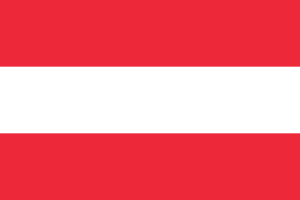
Austria – Summary of Process to acquire Citizenship
Purchase Price: EUR 3 million
Investment Option: EUR 10 million
Typical Cost: Contact us for a quote at info@premieroffshore.com or call (619) 483-1708
Residency Period: None
A passport from Austria is by far the most valuable available. The price is commensurate with the value.
Austria offers business investors citizenship and an EU passport immediately without a residency requirement on the basis of an investment in the country. This requires:
A minimum of at least EUR 3 million in Austria economy (donation to a charity)
(or)
A direct minimum investment of EUR 10 million+ in economy of Austria
makes one eligible for Austrian citizenship. An investment is usually done by starting or moving a sizeable business to Austria.
Austria Charitable Donation Route
This requires donating at least EUR 3 million to a public project or private project of public interest, recognized as providing extraordinary benefits. This might be in the form of an endowment for a scientific research, a contribution to an important museum, university, or similar. The can be spread out over several years.
Austria Direct Investment Route
Under the direct investment route, (§10/6 of the Austrian Citizenship Act), an applicant is required to provide extraordinary benefits to the Austrian State. This is usually in the form of direct investments in local business creating jobs or generating new export sales, etc. For example, manufacturing factories, science and research technology project, normally qualify under direct investment. A minimum equity investment of at least EUR 10 million is expected. the exact amount is negotiated with the government before the investment is made.
Investments in government bonds, real estate, etc. do not qualify under citizenship program.
[sta_anchor id=”Jersey Second Passport”]
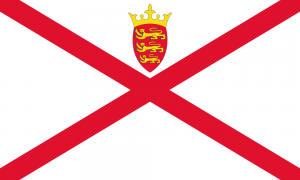
Jersey – Summary of process to acquire Residency
Purchase Price: None
Investment Option: £125,000 tax payable per year
Typical Cost: Contact us for a quote at info@premieroffshore.com or call (619) 483-1708
Residency Period: None
Note that this is a residency program only. it does not lead to citizenship. It is set up for EU citizens to minimize tax. It’s not efficient for US citizens looking to maximize the benefits of the Foreign Earned Income Exclusion.
To achieve High Value Residency status and be eligible to purchase property in Jersey the prospective applicant must make a contribution to the Island’s tax revenues; at the present rates of tax, the annual tax contribution would be in the region of £125,000, calculated on a sliding scale based on 20% of the first £625,000 of worldwide income and 1% on all income thereafter. Applicants are required to provide financial and other information in support of their application to take up residence in Jersey, evidencing sufficient capital wealth in order to produce in excess of £125,000 in tax revenues for the Island.
Once High Value Residency status has been granted, the applicant may apply for consent to purchase a property and will be granted the same status as other residentially qualified Islanders. They can be employed and employ and set up their own business in the Island and will be expected to purchase a single residential property worth in excess of £1m.
�
[sta_anchor id=”Monaco Second Passport”]

Monaco – Summary of process to acquire Citizenship
Purchase Price: None
Investment Option: EUR 1 million
Typical Cost: Contact us for a quote at info@premieroffshore.com or call (619) 483-1708
Residency Period: 10 years / present in the country at least 6 months of each year
To become a Monaco permanent resident (and ultimately a citizen), a foreign national must meet several requirements. First, you must invest a minimum of 1,000,000 euros – 500,000 euros of which must be deposited and kept in a Monaco bank. The other 500,000 euros to be invested in real estate. Additionally, you should prove to the Monaco government that you have sufficient bank funds to support yourself in the country.
As a resident, you can open a business in Monaco.
Once approved, you and your family are given permanent resident status. As permanent residents, you are eligible to live, work, and travel in Monaco. After ten years, you may apply for citizenship as long as the family spent at least 6 months of every year in Monaco.
While the investment amount is relatively low, this program has one of the longest residency periods.
�
[sta_anchor id=”Grenada Second Passport”]
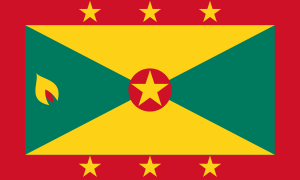
Grenada – Summary of process to acquire citizenship
Purchase Price: None
Investment Option: $500,000
Typical Cost: Contact us for a quote at info@premieroffshore.com or call (619) 483-1708
Residency period: 2 years
Program Details:
Option One: US $350,000 to $500,000 investment required per applicant.
The most common investment in Grenada is to purchase a condominium and shares in a real estate project, such as a hotel. Investments are approved on a case by case basis.
Option Two- Non refundable Donation
A non-refundable donation to the Island Transformation Find of about $220,000 per person. This process involves first obtaining Grenada Permanent Residency and then applying for naturaliza
�[sta_anchor id=”Slovakia Second Passport”]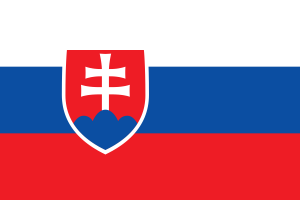
Slovakia – Summary of process to acquire Citizenship
Purchase price: None
Investment Option: 3,000,000 EUR
Typical Costs: Contact us for a quote at info@premieroffshore.com or call (619) 483-1708
Residency Period: 8 Years
Citizenship of the Slovak Republic may be granted to an applicant who is not a citizen of the Slovak Republic and:
- has a continuous permanent residence in the Slovakia for at least 8 years immediately preceding the application for citizenship,
- has no criminal record,
- has a criminal record but:
– wasn’t a sentence of expulsion by a court,
– is not conducted by the prosecution,
– against him/her there is not conducted extradition proceeding or proceedings to execute the European arrest warrant,
– is not held on the deportation proceedings,
Citizenship by Investments: Procedure involves acquiring temporary residence, permanent residency, and then applying for citizenship. Citizenship will require an investment of at least 3,000,000 EUR. The more you invest, the better your chances of being approved. The result (Slovak citizenship and passport) can be obtained in 12-18 months. Your investment must create new jobs for Slovak citizens and/or or bring new technology. Decisions on citizenship applications are taken on case-by-case basis subject to approval of the relevant ministry and then by the Ministry of Interior. This option of citizenship without residence requirement is available not only for investors but also for people of art, science, etc., who contribute significantly to the interests of Slovakia.
[sta_anchor id=”Hungary Second Passport”]
�
Hungary – Summary of process to acquire Permanent Residency (not citizenship)
Purchase Price: None
Investment Option: EUR 300,000
Typical Cost: Contact us for a quote at info@premieroffshore.com or call (619) 483-1708
Residency Period: Renewal every 5 years
You can receive a permanent residency permit in Hungary by purchasing a specially issued bond with a value of EUR 300,000 with a maturity of minimum 5 years. The applicant may purchase the above bond as an individual or via his/her majority-owned company. No language and physical residency requirement are in the program.
The bond is issued by a finance company which received a permission from the Economics Committee of the Hungarian Parliament. This finance company is legally required to immediately buy a specially-issued government bond from the investment proceeds. Thus, the bonds issued by the finance company are fully backed by the Hungarian Government Bonds. The finance company is also required to file a monthly list of participants in the Residency Bond System to the Immigration and Citizenship Authority.
After investing at least EUR 300,000 under the Investor Residency Bond Program, a residency permit valid for 6 months will be issued to you and your family (wife and kids under 18 years old). Afterwards, this permit can be converted to a permanent residency (card is valid for 5 years and renewed automatically).
Hungarian residency permit enables the applicant to live in Hungary, and visit (to a maximum of 90 days from any 180 days) any Schengen country. At the same time it should be noted that at present the program has no path to citizenship.
[sta_anchor id=”Bulgaria Second Passport”]
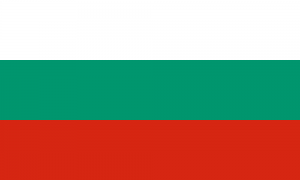
Bulgaria – Summary of process to acquire citizenship
Purchase Price: 305,000 EUR (approximate based on currency fluctuation)
Investment Option: 512,000 to 1,024,000 Euro
Typical Costs: Contact us for a quote at info@premieroffshore.com or call (619) 483-1708
Residency Period: 2 to 5 Years
Permanent residence is granted upon investment of 512,000 EUR (BGN 1,000,000). This is a conservative investment which is made into government bonds. After 5 years money will be returned without interest. The investment / bond is guaranteed by the government.
You will be eligible for citizenship after 5 years with this program.
Fast track citizenship is available to those that make a second investment of 512,000 EUR into a qualified Bulgarian business or government bonds. This second investment should be made 1 year after you obtain permanent residency and held for at least 2 years.
The Bulgaria program is identical to the St. Lucia program – just double the cost or investment for a more valuable passport.
[sta_anchor id=”Cyprus Second Passport”]
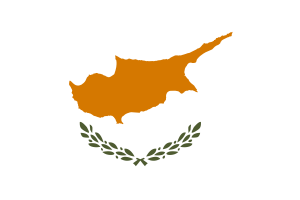
Cyprus – Summary of process to acquire Citizenship
Residency by Investment: 300,000 EUR
Citizenship by Investment: 2,500,000 – 5,000,000 EUR
Typical Cost: Contact us for a quote at info@premieroffshore.com or call (619) 483-1708
Residency Period: 3 Years
Permanent Residency by Investment of 300,000 EUR
Citizenship by Investment 2.5 Million Euros
Permanent residency is granted to those who buy a property valued 300,000 EUR in Cyprus. Only new properties may be purchased under this program. Applications are normally processed in a couple of months (quite fast). In addition, the applicant must have a three years deposit 30,000 EUR with a Cypriot bank and must demonstrate annual income of 30,000 EUR.
Cyprus Citizenship by Investment
The average time-frame for the obtaining of a Cyprus passport is 90 days after the submission of the completed application.
To be granted the Cyprus (European Union) passport, investors and entrepreneurs apply personally or through a corporation. You should invest €2.5 million to qualify for citizenship.
The investment can be made in:
(a) government bonds;
(b) financial assets of Cypriot companies or organisations;
(c) real estate, development and infrastructure projects; or
(d) purchase, incorporation or participation in Cypriot businesses and companies.
You are also required to have a residence in Cyprus of at least €500,000 unless you chooses to invest the amount of €2.5 million in the purchase of residential property/properties. The most frequent option is the investment in real estate (residential property).
That is to say, you must invest at least €500,000 in a residential property or properties. You might invest €2 million in government bonds and €500,000 into a residential property.
[sta_anchor id=”Portugal Second Passport”]
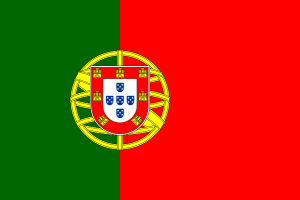
Portugal – Summary of Process to acquire Citizenship
Purchase Price: None
Investment Option: 500,000 EUR
Typical Cost: Contact us for a quote at info@premieroffshore.com or call (619) 483-1708
Residency Period: 6 years
This is a residency program with a path to citizenship. You will become eligible to apply for citizenship and a passport after 6 years from the date initial residency permit is issued.
Investment amount is 200,000 – 500,000 EUR irrespective of number of applicants in the family (amount depends upon the type of investment and region). In addition to the investment you will be expected to pay taxes in the amount of 8,8 % from the property price: 1) Transfer tax of up to 8%, and 2) Stamp duty of 0.8%. Government processing fee (application and renewal) – 514 EUR (plus 80 EUR per family member). Also, the Government charges 5,148 EUR for every visa. For a family of four, visa fees are over 20,000 EUR.
In order to apply for citizenship in Portugal you will need to show 6 years of legal residence + good command of the Portuguese language. You must live in Portugal full time for these 6 years.
[sta_anchor id=”Malta Second Passport”]
�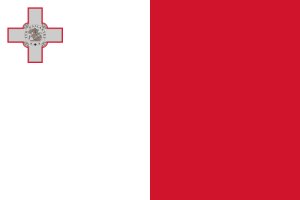
Malta – Summary of Process to acquire Citizenship
Purchase Price: None
Investment Option: EUR 350,000 + residence or rental + EUR 150,000 bonds
Typical Cost: Contact us for a quote at info@premieroffshore.com or call (619) 483-1708
Residency Period: No specific years
Maltese Citizenship by Investment:
Contribution to the National Development & Social Fund. To qualify for Maltese citizenship the main applicant is required to contribute at least EUR 650,000. Spouses and children are required to contribute EUR 25,000; unmarried children between 18 and 25 and dependent parents older than 55 years old must contribute EUR 50,000 each. This contribution is to be made after the approval of the applicant’s citizenship application.
You must commit to retain a residence in Malta for a period of at least 5 years, either through the purchase of a property, for which the minimum value must exceed EUR 50,000, or through leasing of a property, for which the minimum annual rent must exceed EUR 16,000.
In addition, an investment of EUR 150,000 in Government approved financial instruments, which must be maintained for a minimum period of 5 years is required.
When you acquire citizenship under the Malta Individual Investor Programme, you and your family enjoy full citizenship for life, which can be passed onto future generations by descent.
Due Diligence Fees
Due diligence fees are as follows: EUR 7,500 for main applicant; EUR 5,000 for spouses, adult children and parents; EUR 3,000 for each child between 13 and 18 years old. Due diligence fees are non-refundable even in the case when citizenship application is not approved.
�[sta_anchor id=”Uruguay Second Passport”]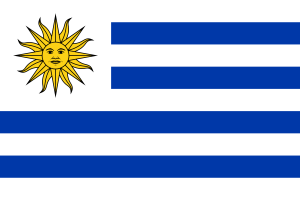
Uruguay – Summary of process to acquire citizenship
Purchase Price: None
Investment Option: USD 100,000 per applicant
Typical Cost: Contact us for a quote at info@premieroffshore.com or call (619) 483-1708
Residency Period: 3 to 5 Years
Requirements: USD 100,000 investment per applicant for 10 years plus proof of pension earning $1,500 USD per month.
Citizenship: You may apply for citizenship after 3 or 5 years of residency. 3 years for married applicants and 5 years for single applicants. Due to high demand, processing time can reach 24 months.
The Process: File for residency at the National Migration Office. Get your first temporary identity card (cédula). Open a bank account, do the health check and Interpol (if applicable). Within 60 days we will file the rest of the documents on your behalf.
Once residency is granted you will be required to live in Uruguay 8 to 10 months in your first year and then at least six months after that. This is not an absentee residency program, it is for those who wish to move to Uruguay and make that country their home.
This is a great passport, but you must be committed to Uruguay to make this work. And citizenship is not guaranteed.
Uruguay passport is an excellent travel document, allowing the visa-free access to all of South America, MERCOSUR, and Europe’s Schengen Area. While a visa is required to visit the United States, approval rates are higher than other South American countries, so Uruguay is seen as a road to America.
Now for the bad news: About 50% of citizenship applications that meet the requirements are refused by judges for a myriad of reasons. If you want to turn your residency card into a passport, you must be committed to Uruguay, be well connected, and make the right donations and contributions to local elections.
[sta_anchor id=”Antigua Second Passport”]
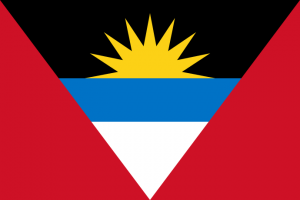
Antigua – Summary of process to acquire citizenship
Purchase Price:
Investment Option: $292,000
Typical Cost: Contact us for a quote at info@premieroffshore.com or call (619) 483-1708
Residency Period: 5 years
Antigua and Barbuda has a new economic citizenship by investment program for investors who can directly acquire citizenship and passport by donation to a charity or buying a real estate. Antigua & Barbuda is one of the most beautiful island nation in Caribbean with excellent beaches and posh climate to enjoy your winter vacation.
Antigua Barbuda passport is a great second passport for investors who want visa free travel.
Under the Citizenship program, there are following investment options (limited time offer) :
- USD 200,000 donation to National Development fund (NDF) (or)
- USD 400,000 investment in real estate (or)
- USD 1.5 million business investment (or)
Additional costs for family and children apply.
For example: The cost for single person is about $310,000 plus legal and processing.
The passport is granted for 5 year validity period after it is renewed.
Benefits of the passport include visa free travel to EU countries, Canada and UK.

